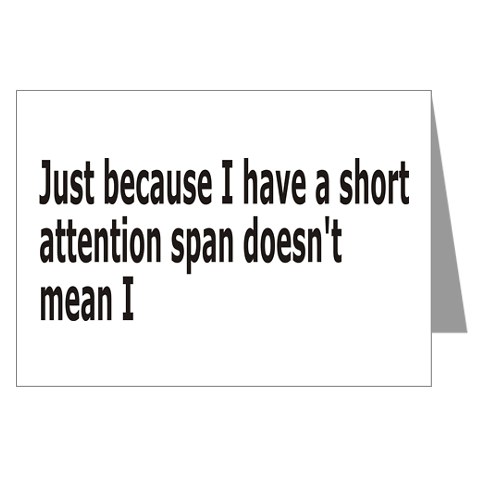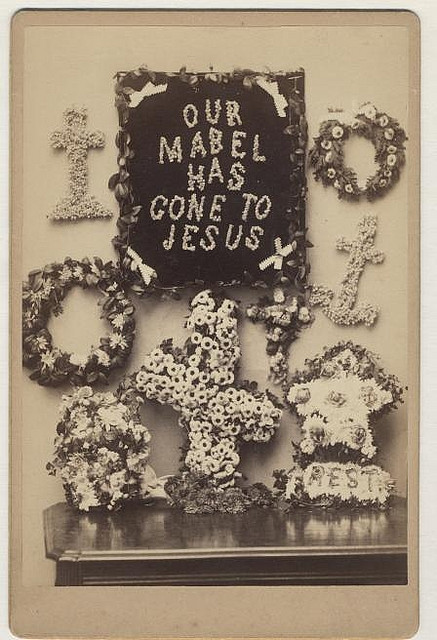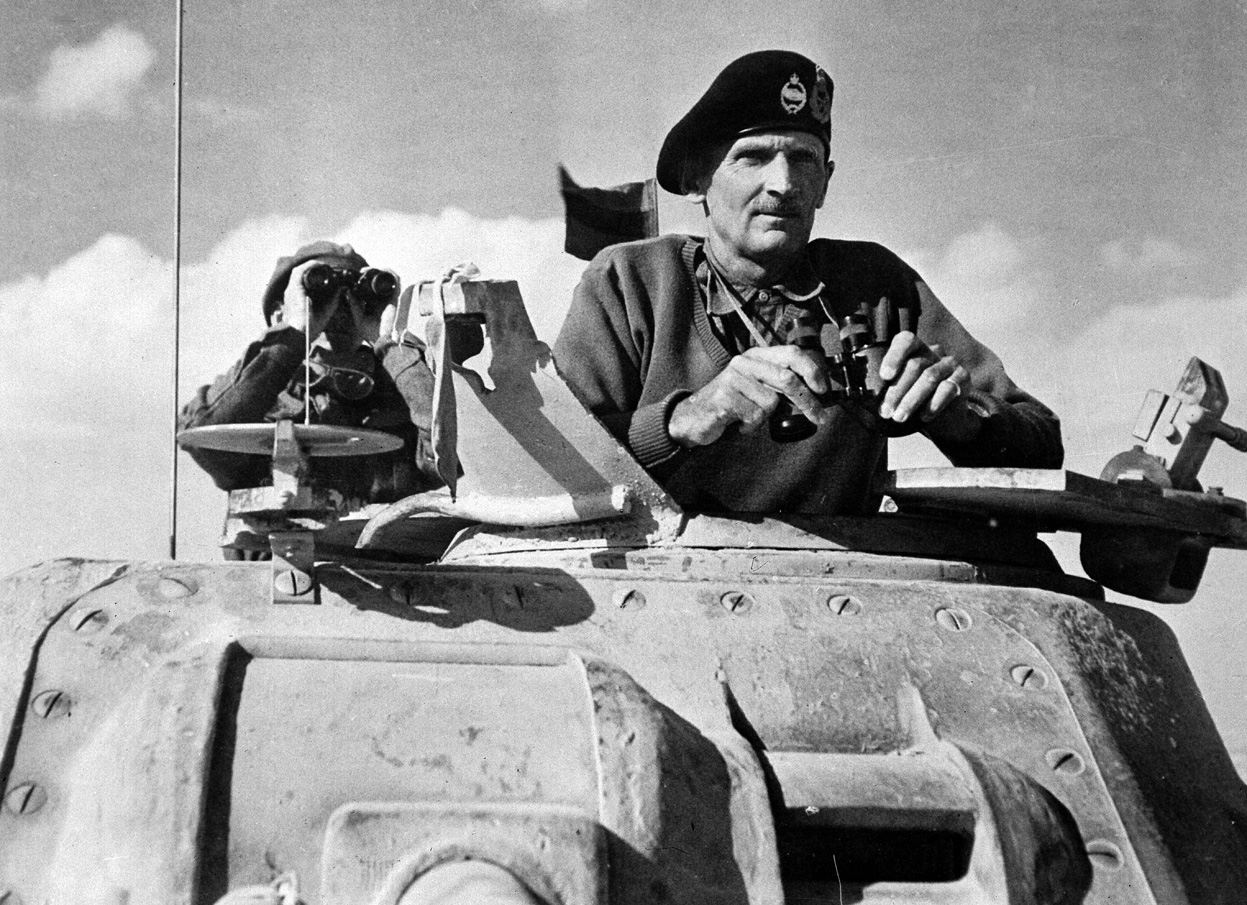Because I do so loathe euphemisms and silly death-denying language, I love this piece by the lovely Jen Aitken about the necessity of doing better with your obituary writing. More of her work can be found at Last Words Obits.
*~*~*~*~*~*~*~*~*~*~*~*~*~*~*~*~*~*~*~*~*~*~*~*~*
Like the mouldy veggies in the bottom of your fridge, obituaries are a petri dish for stale language way beyond its best before date. While I adore the intention, I’m bored of the same old phrases. It’s tough slogging through mediocre writing to find a few good lines in the obit pages. “What an awful thing to say!” you’re thinking, “These obits mark the life and times of dead people near and dear to many!” They do indeed…which is why you should do them justice and write well. Snap. To clarify, a bad obit is not about a dull life: it’s about poor writing. Much of that comes down to word choice.
 Here are some ground rules: a good obit should be around 200 words. Why? Because it’s expensive to post in print media, and readers have short attention spans. Obituaries aren’t a forum in which to testify, and lengthy stories belong in a eulogy. This is précis writing at its finest! Every. Word. Matters.
Here are some ground rules: a good obit should be around 200 words. Why? Because it’s expensive to post in print media, and readers have short attention spans. Obituaries aren’t a forum in which to testify, and lengthy stories belong in a eulogy. This is précis writing at its finest! Every. Word. Matters.
Euphemisms are substitute words used to avoid saying something that makes us feel awkward. Euphemisms to hide “dead” are the grand-daddies of them all. “Sleeping with the angels, succumbed, crossed over, gone with Jesus, achieved greatness, eternal rest, having gone to one’s reward, no longer with us, gone, lost, passed on/away/over/to the other side”: apparently, people are uncomfortable with death. But we can’t sanitize the truth.
Here’s the deal: grief isn’t made better by naming death “passing.” Call it what it is and move closer to being at peace with death and dying. Remember, obituaries are true stories, and euphemisms are a way of skirting that – plus they use a lot of our 200 words to say one small word. Died: see, it’s ok.
Dog down! Roger, copy that! Military lingo is so ubiquitous in obits that many read as though they were written on the battlefield (and Pat Benatar will tell you, it’s “love,” not “death” that’s a battlefield). My point is that death isn’t a war. When we “battle,” “fight,” or “struggle” “valiantly” and “courageously,” we’re setting up death as something evil that we can “beat.” Death isn’t failure. It’s inevitable. People don’t “lose,” they simply die. Avoid the military jargon.
In obituary writing, authentic is the new flowery. The most potent impact you can make is to write the way you speak. When you do, the content comes from the heart – people will relate and be sucked in like margaritas on a Friday night. Also, you’ll likely avoid my contempt, but that shouldn’t be your motivation. Instead of the stale, “lovingly remembered by her adoring family” (you just lost 6 words and my attention by the way), I’m looking for, “Jim ran with a tight crowd of yahoos.” Yes, 8 words, but intriguing. Think this is obvious? When faced with raw grief, even the most counter culture creatures can revert to the sentimental and formulaic. Keep it real.
Obituaries are the last words written about someone: no do-overs, so they better count. Honest, succinct language without the baggage of euphemisms and military lingo will get you started. The words you save will be needed for the next task of telling their story. It’s going to be great. This ain’t your grandma’s obit, well, maybe it is, but you’re going make people wish they knew her when…you’re going to do her life justice.



